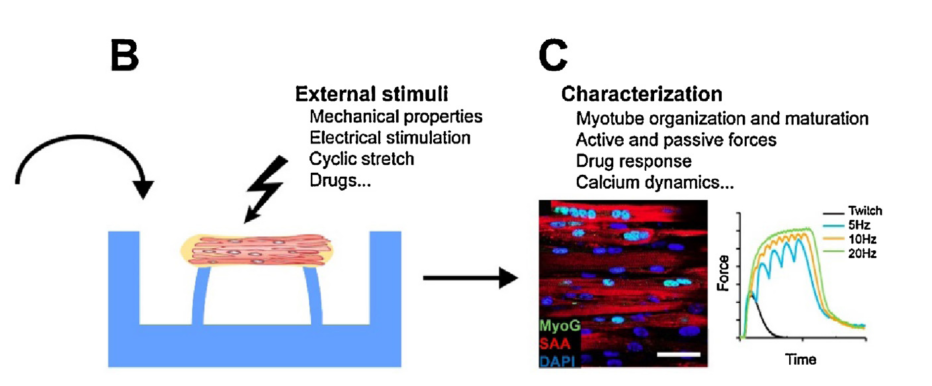Publication de Benoit Kalman 2017
Le papier "Beyond mice: Emerging and transdisciplinary models for the study of early-onset myopathies" a été publié dans Seminars in Cell & Developmental Biology

Ici vous trouverez le papier de Benoit Kalman